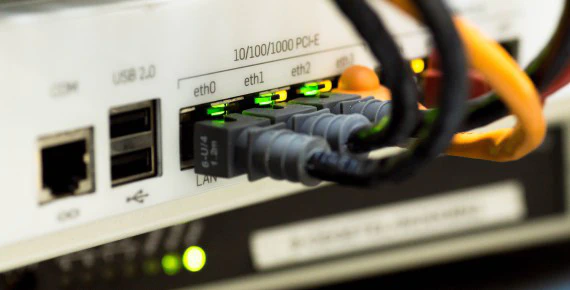
Why Small Businesses Need to Update Their Computers Regularly
As a small business owner, it’s important to keep your computers up to date to ensure the security and performance …

As a small business owner, the security of your physical location is closely connected to the security of your digital network. In fact, the measures you take to protect your business’s physical location can have a significant impact on your cybersecurity.
Here are some ways in which physical security affects cybersecurity:
Secure access to your business’s premises: Implementing measures such as keyless entry systems, security gates, and badge access can help to prevent unauthorized individuals from entering your business’s premises and accessing your digital network.
Protect your networking equipment: Ensuring that your networking equipment, such as routers and servers, is stored in a secure location can help to prevent tampering or theft.
Educate employees on security best practices: Employee training can play a key role in maintaining physical and cybersecurity. Educating your employees on security best practices, such as locking doors and windows when leaving the premises and not sharing passwords, can help to prevent unauthorized access to your digital network.
Use alarms and cameras: In addition to deterring burglars, alarms and cameras can also help to identify suspects in the event of a cyber attack or data breach.
Secure company assets and documents: Storing valuable assets and documents in a secure location, using shredders to destroy sensitive documents, and encrypting electronic documents can all help to protect your business from data breaches and identity theft.
In summary, the security of your physical location is closely connected to the security of your digital network. By implementing measures such as secure access controls, protecting your networking equipment, educating employees, using alarms and cameras, and securing company assets and documents, you can help to protect your small business from both physical and cybersecurity threats.

As a small business owner, it’s important to keep your computers up to date to ensure the security and performance …

As a business owner, securing your company’s network should be a top priority. A cyber attack or data breach can …